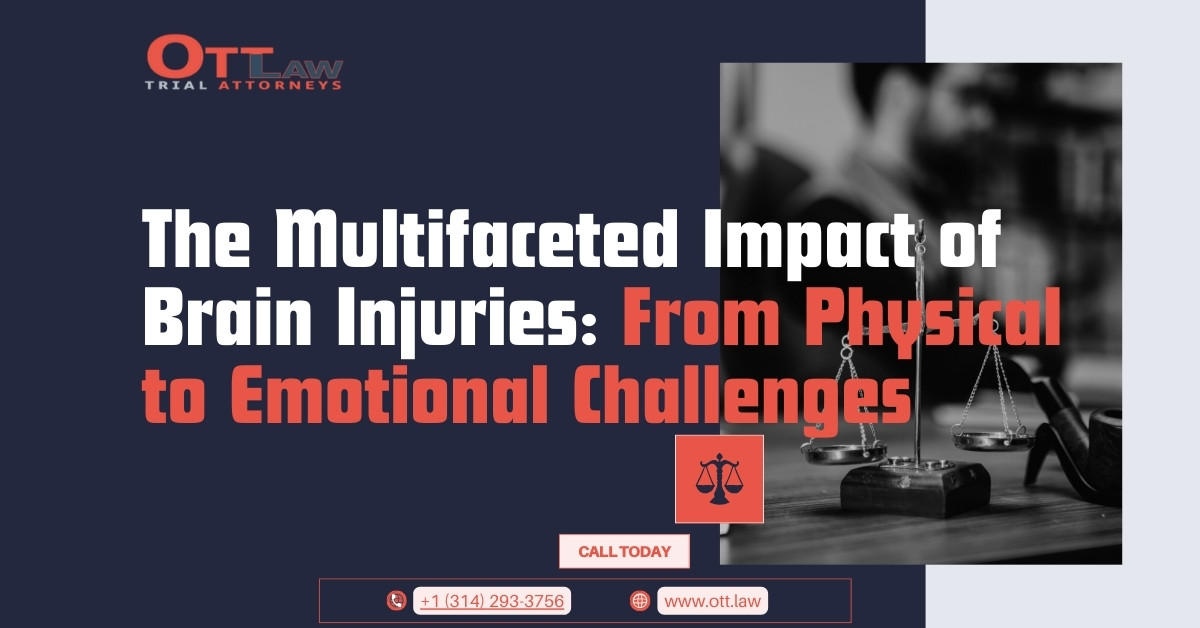Brain injuries are complex and can significantly alter an individual’s life in various ways. They can lead to a spectrum of manifestations that aren’t just confined to cognitive functions but span across physical, mental, and emotional domains.
Physical Manifestations of Brain Injuries:
The physical challenges post a brain injury can be daunting, ranging from:
- Impaired Mobility: This includes difficulties in walking steadily. For instance, some brain-injured individuals might display a wide-based gait, increasing their instability.
- Speech Impediments: Articulating words might become a challenge, leading to unclear speech.
- Coordination Issues: Tasks that involve eye and motor coordination can become problematic.
- Sensory Alterations: The ability to smell, taste, and recognize objects might get hampered.
Mental and Cognitive Challenges:
Cognitive disruptions can severely hinder day-to-day activities, such as:
- Difficulty in Multi-tasking: Managing multiple tasks simultaneously becomes challenging.
- Impaired Processing Speed and Shift Attention: The ability to quickly process information or shift attention from one topic to another might get compromised.
- Challenges in Abstract Thinking: For example, a casual statement like “I’m going to kill you for doing that” might be taken literally.
- Memory Issues: This includes challenges in naming objects (anomia) or understanding their function (agnosia).
- Attention Deficits: Sustaining attention or staying on task in the presence of irrelevant stimulations can become difficult.
Emotional and Behavioral Manifestations:
Emotionally, brain injuries can lead to:
- Impulsivity and Irritability: Quick and unplanned reactions or increased irritability can become common.
- Challenges in Emotion Regulation: This encompasses difficulty in recognizing and regulating emotions.
- Increased Agitation: It’s common for brain-injured individuals to display agitated behavior, and this is well-documented in emergency rooms.
To exemplify, emergency room records often note that brain-injured patients might be irritable or even combative, a behavior so expected post-injury that many publications detail how to manage it. However, it’s crucial to understand that such behaviors aren’t necessarily indicative of a personality disorder but are often direct outcomes of the injury.
Conclusion
Brain injuries are multi-dimensional in their impact. It’s essential to approach and understand them holistically, considering their wide range of physical, mental, and emotional implications. If you or someone you know is facing these challenges, professional assistance can make a difference.
Reach out to us at Ott Law Firm for comprehensive support and guidance. For direct conversations, click here or visit us at 3544 Oxford Ave, Maplewood, MO 63143, United States.














